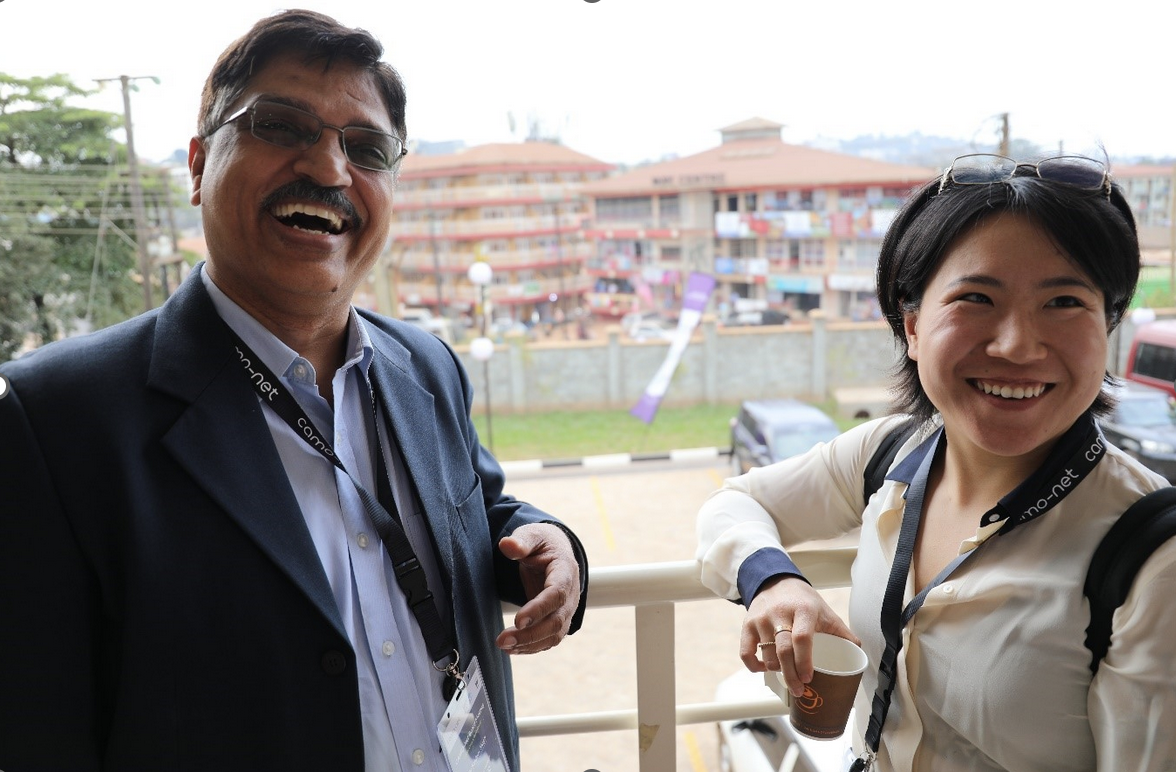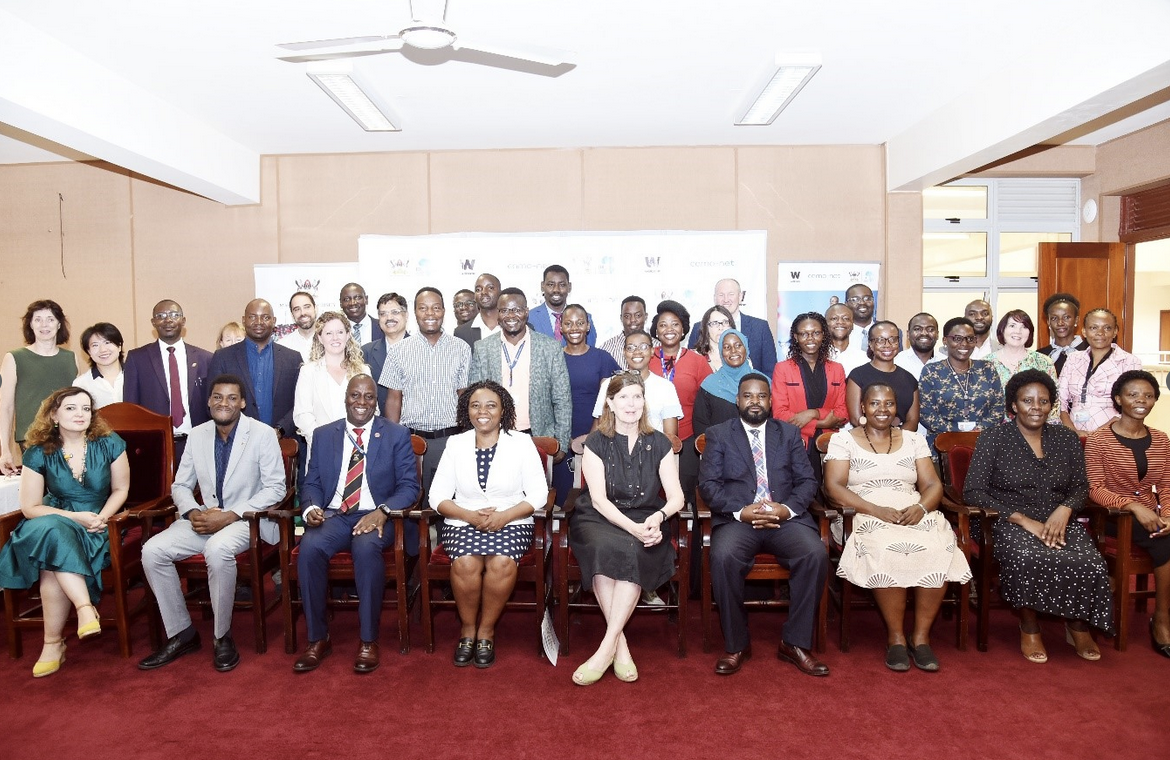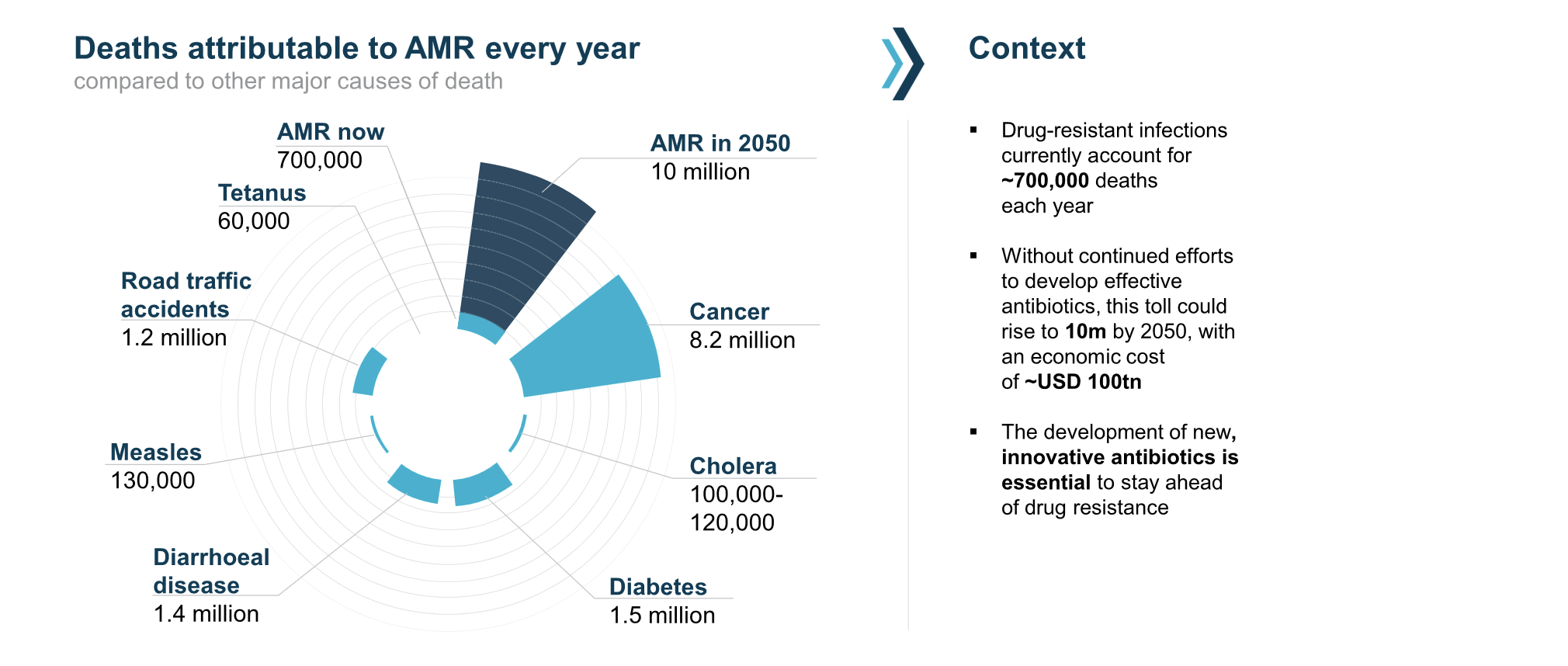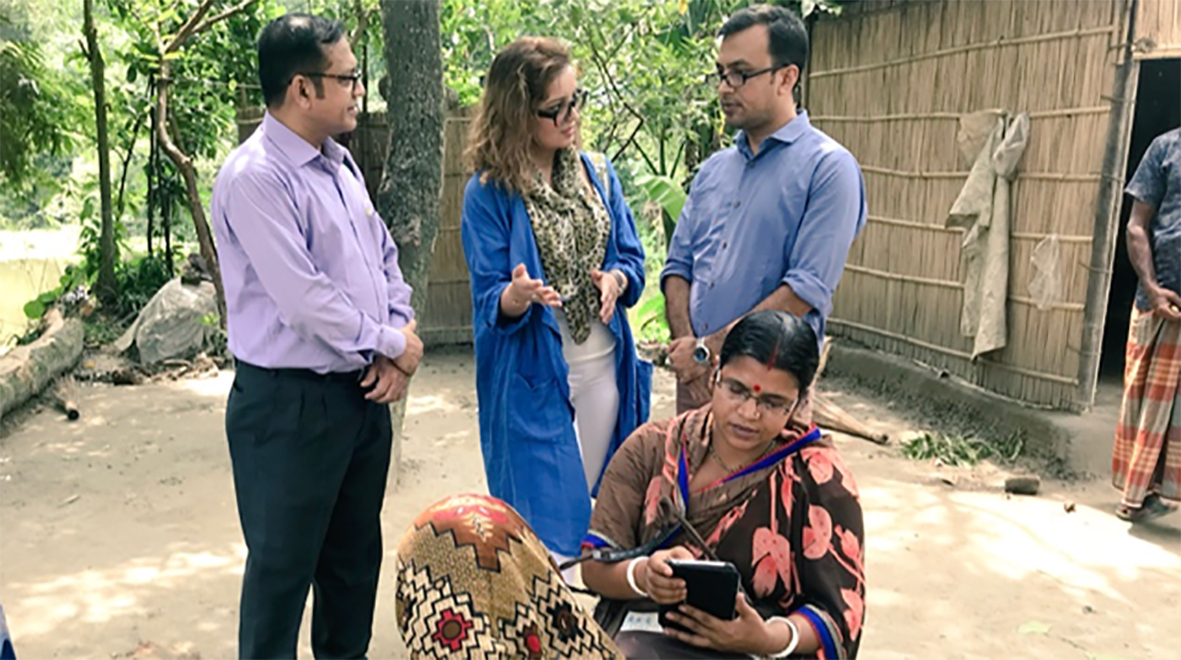
The Centres for Antimicrobial Optimisation Network (CAMO-Net) recently convened an insightful meeting at Makerere University in Uganda. This international event brought together researchers dedicated to the critical challenge of antimicrobial resistance (AMR). Throughout the week, attendees engaged in a series of informative presentations exploring data-driven approaches to optimising antibiotic use. Hear first-hand from Dr Nina Zhu from the Department of Infectious Disease on what her experience at the event was like.
I recently returned from Kampala, Uganda, where I spent an incredible week at Makerere University for the Centres for Antimicrobial Optimisation Network (CAMO-Net) event. Colleagues from around the world came together in Kampala to share knowledge, take part in workshops, and learn more about the work our Uganda National Hub does to address antimicrobial resistance (AMR) in Africa and beyond.
Data and Dashboards for Optimising Antibiotic Use
The event’s theme was ‘Data and Dashboards’. Harnessing the power of data through strategic and targeted studies to generate new knowledge related to optimising antimicrobial use is a key theme of CAMO-Net. As my work focuses on using data linkage and system dynamics modelling to understand healthcare-associated infections and AMR, it was a perfect week for me!
I was joined in Kampala by CAMO-Net members from four other countries: Brazil, India, Malawi, and South Africa. We received such a warm welcome from our Ugandan hosts and started the week with a networking session at a local restaurant. At the reception, Dr Andrew Kambugu, CAMO-Net Uganda lead and head of Makerere’s Infectious Diseases Institute (IDI) gave a fascinating showcase of IDI’s history. It was a perfect blend of networking and getting to know more about the impressive strides IDI has made in infectious diseases, data, and AMR.




